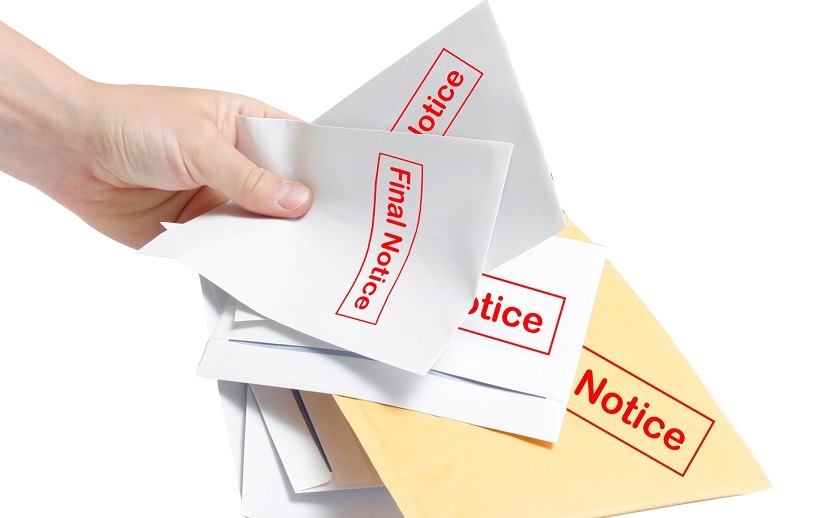Facing debt can be daunting, especially when debt collectors come calling. Many people feel intimidated and unsure of their rights when dealing with these agencies. At our non-profit credit counseling agency, we believe that knowledge is power. Here’s a comprehensive guide to help you understand your rights and best practices when dealing with debt collectors.
Understanding Your Rights:
The Fair Debt Collection Practices Act (FDCPA) is a federal law that protects consumers from abusive, unfair, or deceptive practices by debt collectors. Here are some fundamental rights you have under the FDCPA:
- Right to Be Informed: Debt collectors must provide specific information about your debt, including the amount you owe, the name of the creditor, and your right to dispute the debt. This information should be provided in writing within five days of the initial contact.
- Right to Dispute the Debt: If you believe the debt is incorrect or not yours, you have the right to dispute it. You must send a written dispute to the debt collector within 30 days of receiving the initial notice. The collector must then stop all collection activities until they verify the debt.
- Right to Request Validation: You can request a verification of the debt to ensure it is accurate and legitimate. This can include asking for the original creditor’s name and documentation of the debt.
- Right to Cease Communication: If you do not wish to be contacted by a debt collector, you can send a written request asking them to stop. After receiving your request, they can only contact you to confirm they will stop communications or to inform you of specific actions, like a lawsuit.
- Protection from Harassment: Debt collectors are prohibited from using abusive or harassing language, making threats, calling you repeatedly, or contacting you at unreasonable times (typically before 8 a.m. or after 9 p.m.).
- Privacy Rights: Debt collectors cannot discuss your debt with anyone other than you, your spouse, or your attorney. They are also restricted from contacting you at work if they know your employer disapproves.
Best Practices for Dealing with Debt Collectors:
Knowing your rights is the first step. Here are some best practices to help you navigate interactions with debt collectors:
- Stay Calm and Informed: Keep your composure and remain polite. Request written communication if you feel uncomfortable speaking over the phone.
- Document Everything: Keep records of all communications with debt collectors, including dates, times, and the names of the people you speak with. Save any and all written correspondence.
- Verify the Debt: Before making any payments, ensure the debt is valid. Request written verification and review it carefully.
- Know What You Can Afford: Before agreeing to any payment plan, review your finances to determine what you can realistically afford. Do not commit to a plan that will put you in further financial strain.
- Seek Professional Advice: Consider speaking with a certified credit counselor from a non-profit agency such as AdvantageCCS. They can provide advice, help you understand your options, and even negotiate with debt collectors on your behalf.
- Understand the Statute of Limitations: Debts have a statute of limitations, which varies by state. Once the statute of limitations has passed, debt collectors can no longer sue you for the debt. Be cautious about acknowledging or making a payment on an old debt, as this can reset the statute of limitations.
- File a Complaint if Necessary: If a debt collector violates your rights, you can file a complaint with the Consumer Financial Protection Bureau (CFPB) or your state’s attorney general’s office.
Conclusion:
Dealing with debt collectors can be stressful, but understanding your rights and following best practices can make the process more manageable. Remember, you don’t have to face this alone. Our non-profit credit counseling agency is here to provide support and guidance every step of the way. If you have questions or need assistance, don’t hesitate to reach out to us by calling 1-866-699-2227. Empower yourself with knowledge and take control of your financial future!
Get Started With a Free Debt Analysis
We make it easy on mobile or desktop. FREE with no obligations.
